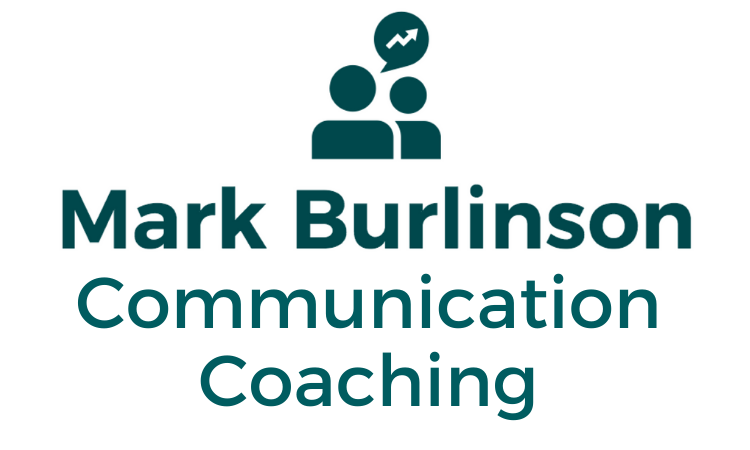Distress: the iceberg that sinks communication
We recently passed the 110th anniversary of the sinking of the Titanic. A testament to the power of presumption and the danger of lack of effective communication.
The unsinkable ship that hit an iceberg is an apt metaphor for communication in the post-pandemic world. Clinging blindly to old communication styles or techniques will not get us across the communication ocean!
In the Life Languages™, one predictable and prescriptive aspect of the tool is each language’s characteristic distress flares. These are the warning signs of an iceberg threatening to sink our communication. Distress flares occur when the four keys for relating to each of our seven Life Languages™ are ignored or overlooked.
Maybe your first language is Responder, and your need from others is to be heard and understood. Or perhaps you are speaking Contemplator and your need from others is personal space or undivided attention. If those needs are not met, through a lack of understanding, then your distress flares will be seen. It’s like driving your car without enough gas in the tank: the fuel light comes on.
This is not a cause for panic, but it is an invitation or opportunity to help. By understanding which language is in distress, the parties to the communication can adapt their exchange and meet the need for communication to be effective. Likewise, each language has its own filter question that must be answered, a driving passion that can be embraced, and a key character strength that we can validate. These all contribute to the health of communicating in that language, and avoiding distress flares.
Conversely, if we ignore the distress flares, it’s like ignoring the gas light (or the iceberg). Sooner or later you will become a cautionary example, as your communication coasts to the shoulder of the highway or sinks into the icy waters.
It’s tempting to think “that could never happen to me,” but history shows that such presumption can be dangerous. Why not learn the science of communication and be equipped for plain sailing in your interactions with others? It is proven in the workplace, in education, in the public square, and at home.

